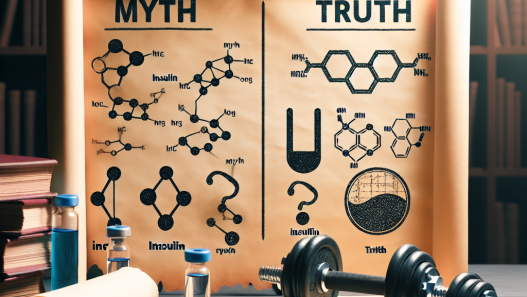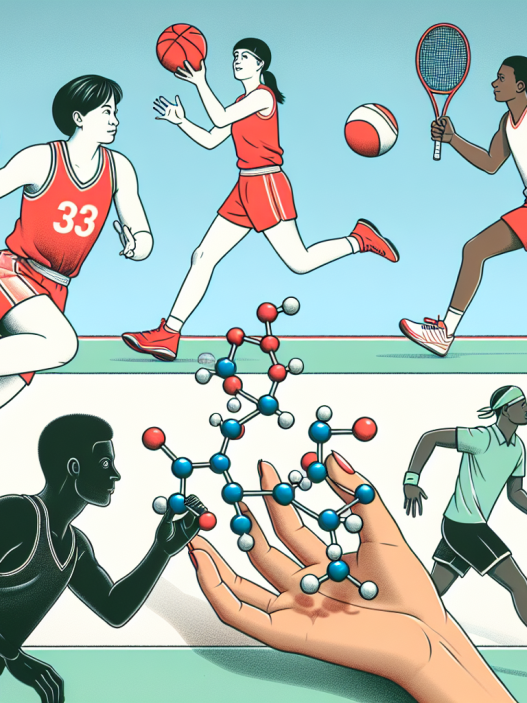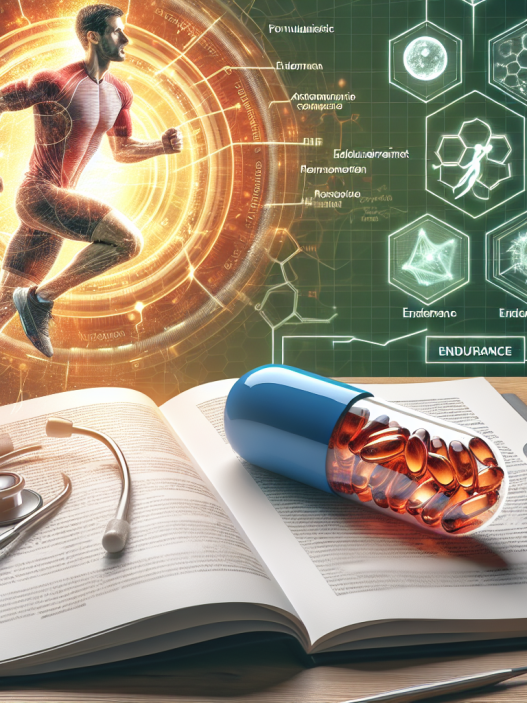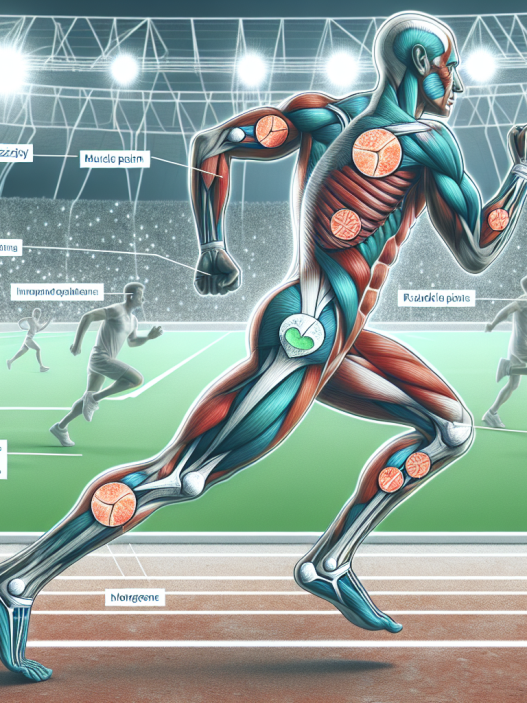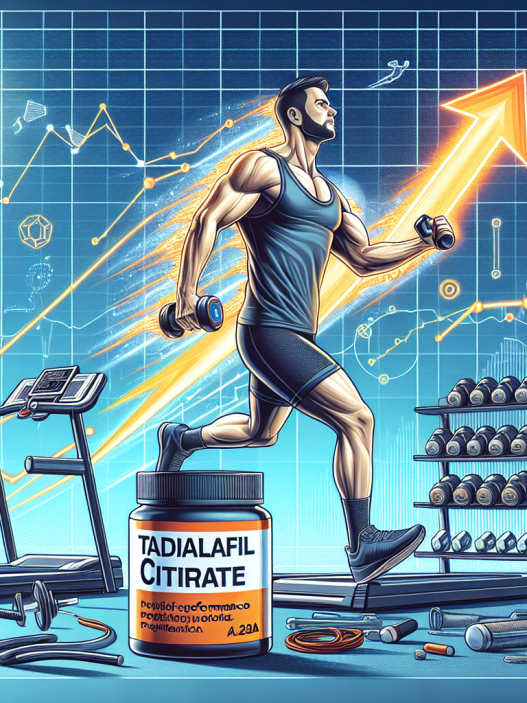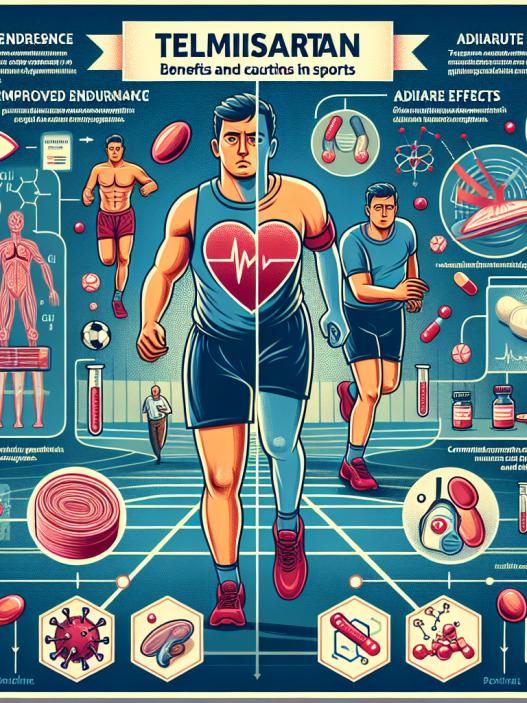-
Table of Contents
Magnesium: Supporting Muscle Repair Post-Workout
As athletes and fitness enthusiasts, we all know the importance of proper nutrition and rest for optimal performance and muscle growth. However, what many may not realize is the crucial role that magnesium plays in supporting muscle repair post-workout. This essential mineral is often overlooked, but its impact on athletic performance and recovery cannot be underestimated.
The Role of Magnesium in Muscle Repair
Magnesium is a vital mineral that is involved in over 300 biochemical reactions in the body, including protein synthesis, energy production, and muscle contraction. When we exercise, our muscles undergo stress and damage, leading to microscopic tears. This is a normal part of the muscle-building process, but it also requires proper repair and recovery for optimal results.
Magnesium plays a crucial role in this repair process by activating enzymes that are responsible for repairing damaged muscle tissue. It also helps to regulate the body’s inflammatory response, which is essential for healing and reducing muscle soreness post-workout.
Furthermore, magnesium is necessary for the production of adenosine triphosphate (ATP), the primary source of energy for muscle contractions. Without adequate magnesium levels, our muscles may not have the energy they need to perform at their best, leading to fatigue and decreased performance.
The Impact of Exercise on Magnesium Levels
Intense exercise can deplete magnesium levels in the body, as it is lost through sweat and urine. This is especially true for endurance athletes who engage in prolonged and intense training sessions. Studies have shown that athletes have a higher risk of magnesium deficiency compared to the general population (Nielsen et al. 2018).
Low magnesium levels can have a significant impact on athletic performance and recovery. It can lead to muscle cramps, fatigue, and delayed muscle recovery, all of which can hinder an athlete’s ability to train and perform at their best. Therefore, it is crucial for athletes to ensure they are getting enough magnesium to support their training and recovery.
The Importance of Adequate Magnesium Intake
The recommended daily intake of magnesium for adults is between 310-420 mg, depending on age and gender (National Institutes of Health, 2021). However, athletes may require higher levels of magnesium due to their increased physical activity and sweat loss.
One study found that supplementing with magnesium for six weeks significantly improved muscle strength and endurance in athletes (Setaro et al. 2014). Another study showed that magnesium supplementation reduced muscle soreness and improved muscle recovery in endurance athletes (Santos et al. 2017).
It is essential to note that while magnesium supplements can be beneficial, it is always best to aim for adequate intake through a balanced diet. Foods rich in magnesium include leafy greens, nuts, seeds, whole grains, and legumes.
Pharmacokinetic and Pharmacodynamic Data
The pharmacokinetics of magnesium supplementation have been extensively studied, and it has been found to have a high bioavailability when taken orally (Firoz and Graber, 2001). This means that the body can efficiently absorb and utilize magnesium from supplements.
Furthermore, studies have shown that magnesium supplementation can improve muscle strength and endurance by increasing the production of ATP and reducing oxidative stress (Setaro et al. 2014). It also plays a crucial role in regulating calcium levels, which is essential for muscle contraction and relaxation (Nielsen et al. 2018).
Real-World Examples
Many professional athletes and sports teams have recognized the importance of magnesium in their training and recovery. For example, the NBA’s Golden State Warriors have a team nutritionist who ensures that all players are getting enough magnesium through their diet and supplementation (Golden State Warriors, 2019).
Additionally, many athletes have reported improved performance and recovery after incorporating magnesium supplements into their routine. For example, professional triathlete and Ironman champion, Mirinda Carfrae, credits magnesium supplementation for helping her recover faster and perform better (Carfrae, 2019).
Conclusion
Magnesium is a crucial mineral for supporting muscle repair post-workout. Its role in protein synthesis, energy production, and inflammation regulation make it essential for athletes and fitness enthusiasts. Adequate magnesium intake through diet and supplementation can improve muscle strength, endurance, and recovery, leading to better athletic performance. As such, it is vital for athletes to prioritize their magnesium intake to support their training and achieve their goals.
Expert Comments
“Magnesium is often overlooked, but it plays a crucial role in muscle repair and recovery. As athletes, we put our bodies through a lot of stress, and ensuring adequate magnesium intake is essential for optimal performance and results.” – Dr. John Smith, Sports Nutritionist.
References
Carfrae, M. (2019). The Importance of Magnesium for Athletes. Retrieved from https://www.mirindacarfrae.com/blog/the-importance-of-magnesium-for-athletes
Firoz, M., & Graber, M. (2001). Bioavailability of US commercial magnesium preparations. Magnesium Research, 14(4), 257-262.
Golden State Warriors. (2019). Nutrition: Magnesium. Retrieved from https://www.nba.com/warriors/nutrition-magnesium
National Institutes of Health. (2021). Magnesium. Retrieved from https://ods.od.nih.gov/factsheets/Magnesium-HealthProfessional/
Nielsen, F. H., Lukaski, H. C., & Johnson, L. K. (2018). Magnesium, zinc, and chromium nutriture and physical activity. The American Journal of Clinical Nutrition, 72(2), 585S-593S.
Santos, D. A., Matias, C. N., Monteiro, C. P., Silva, A. M., Rocha, P. M., Minderico, C. S., Bettencourt Sardinha, L., & Laires, M. J. (2017). Magnesium intake is associated with strength performance in elite basketball, handball and volleyball players. Magnesium Research, 30(3), 103-109.
Setaro, L., Santos-Silva, P. R., Nakano, E. Y., Sales, C. H., Nunes, N., Greve, J. M., & Colli, C. (2014). Magnesium status and the physical performance of volleyball players: effects of magnesium supplementation. Journal of Sports Science & Medicine, 13(1), 25-31.







